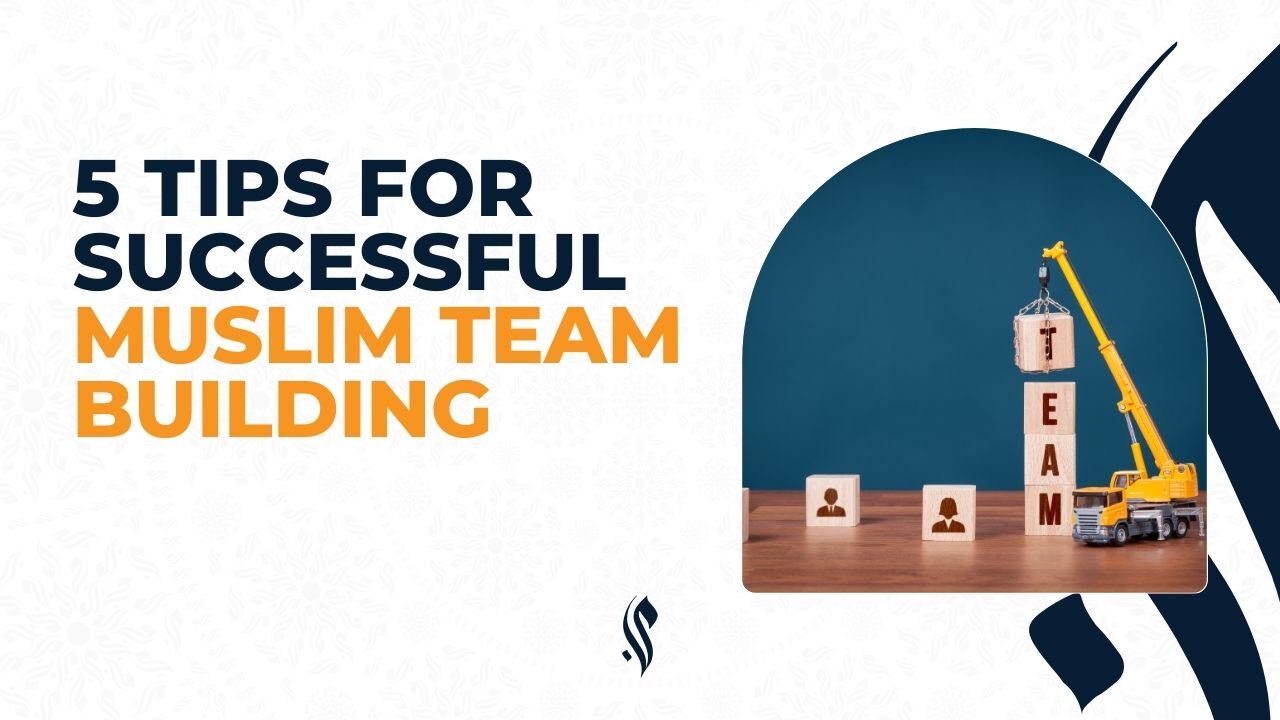

1. Align with Shared Values
"The best of people are those who are most beneficial to others." (Ahmad) (Authenticated by Al Albani)
A team that embraces this ethos will naturally foster a culture of cooperation and mutual support.
2. Embrace Diverse Strengths
"And We have certainly created man and We know what his soul whispers to him, and We are closer to him than [his] jugular vein." (Quran 50:16)
Subscribe to Muslim Founder's Newsletter
The only newsletter you need to start & grow your Muslim business, Insha'Allah.
100% Free. No Spam Guaranteed.
3. Encourage Honest Talk
"The best of you are those who are the best in character." (Bukhari: 6029)
4. Lead with Empathy
"None of you truly believes until he wishes for his brother what he wishes for himself." (Bukhari: 13)
"None of you truly believes until he wishes for his brother what he wishes for himself." (Bukhari: 13)
5. Set Clear Goals
"And say, 'My Lord, increase me in knowledge.'" (Quran 20:114)
Subscribe to Muslim Founder's Newsletter
The only newsletter you need to start & grow your Muslim business, Insha'Allah.
100% Free. No Spam Guaranteed.

